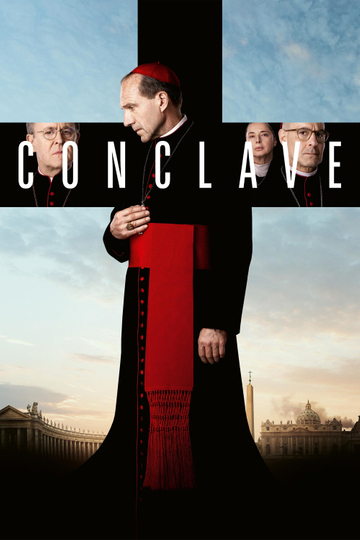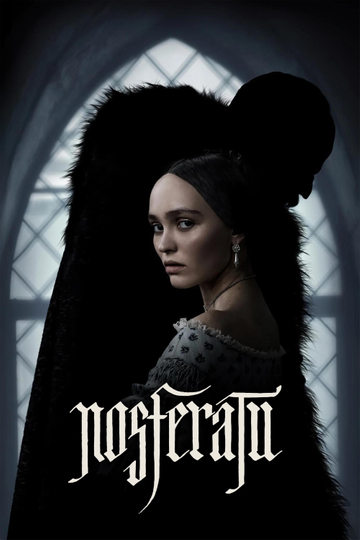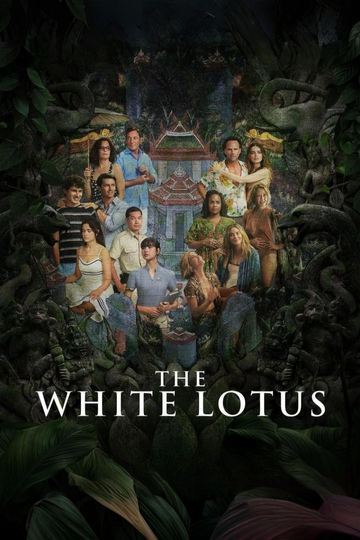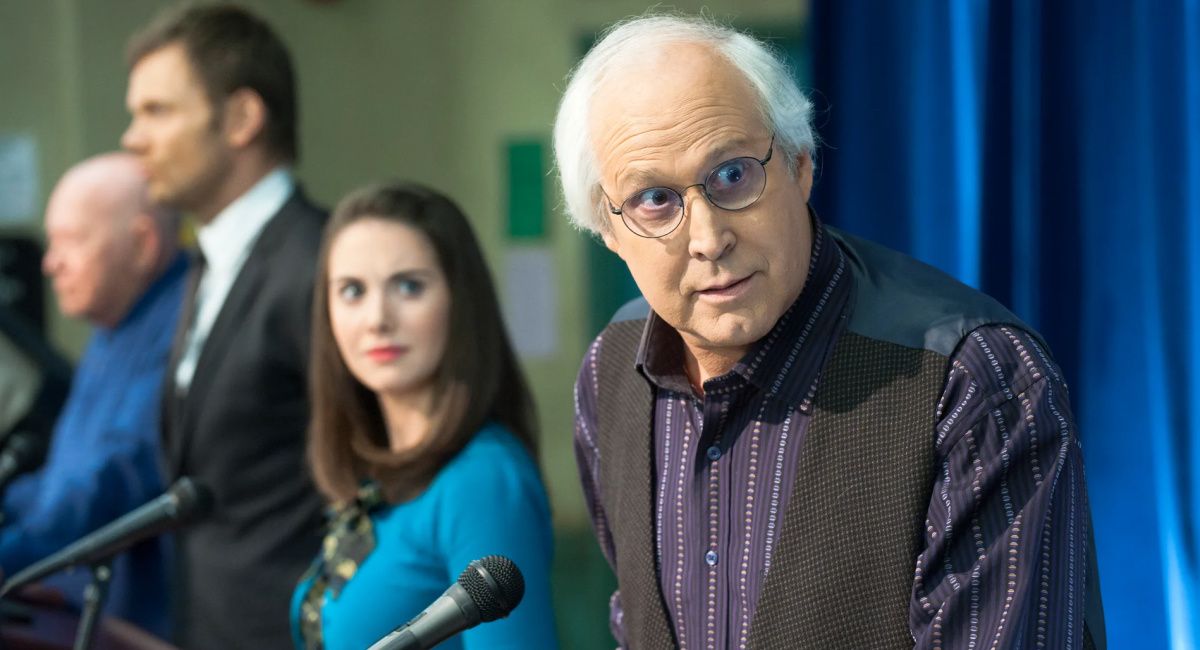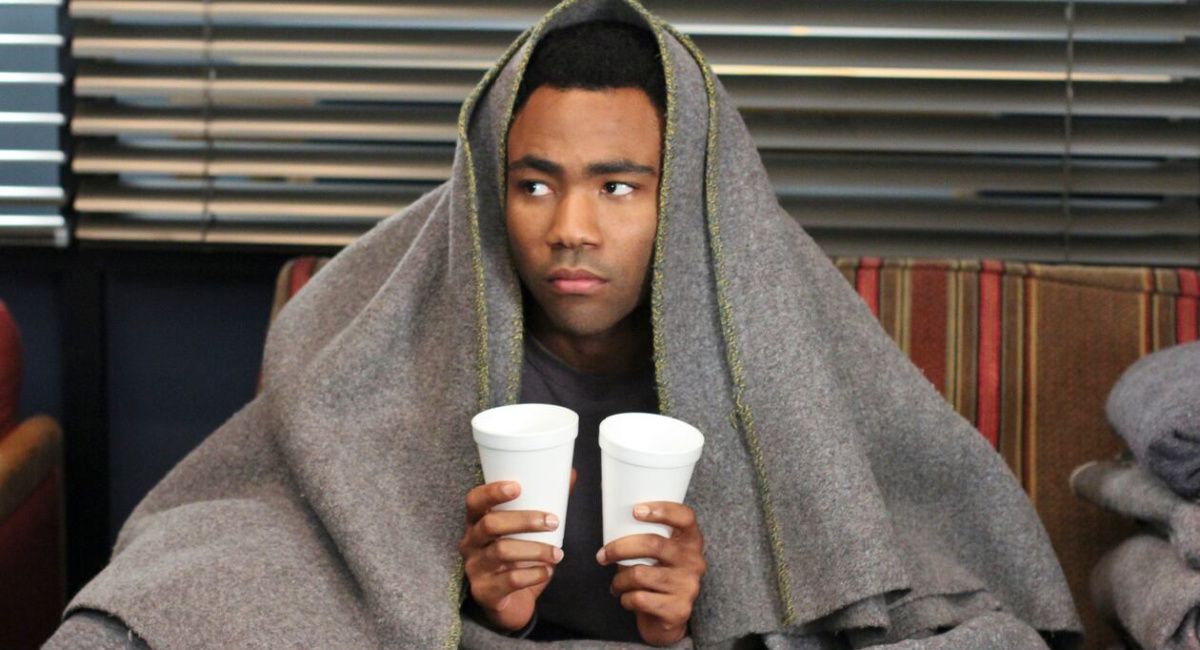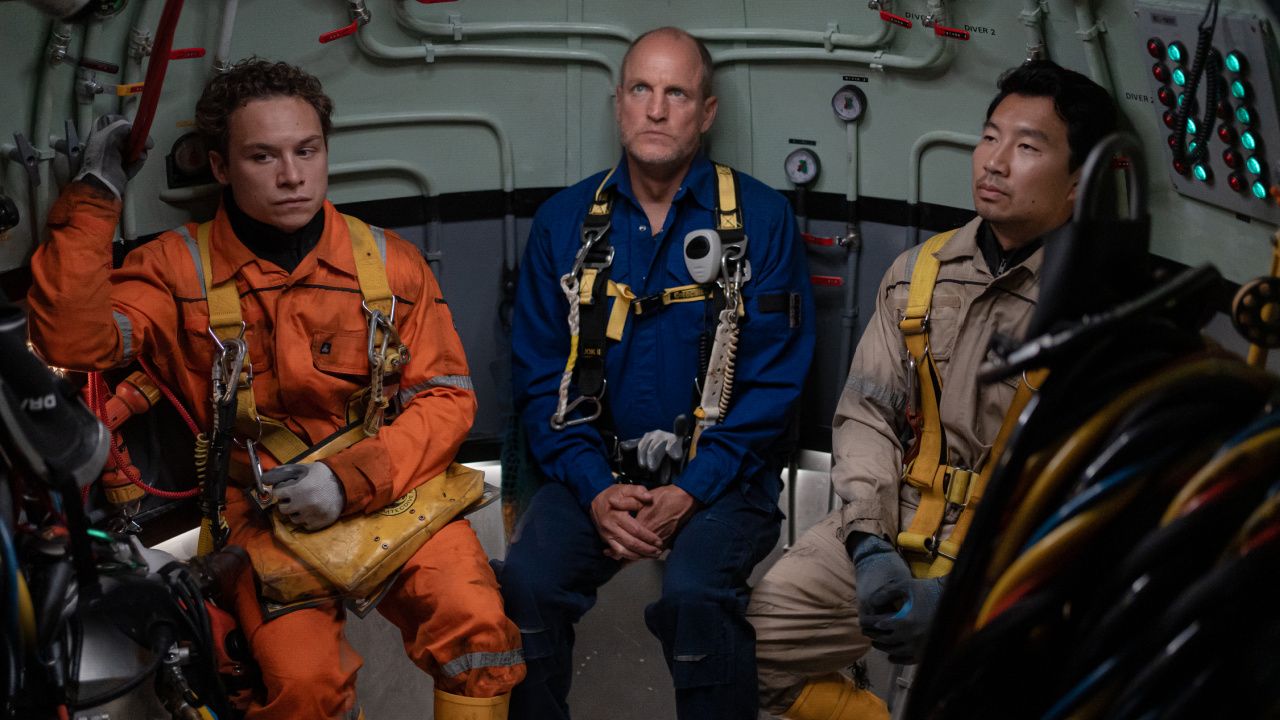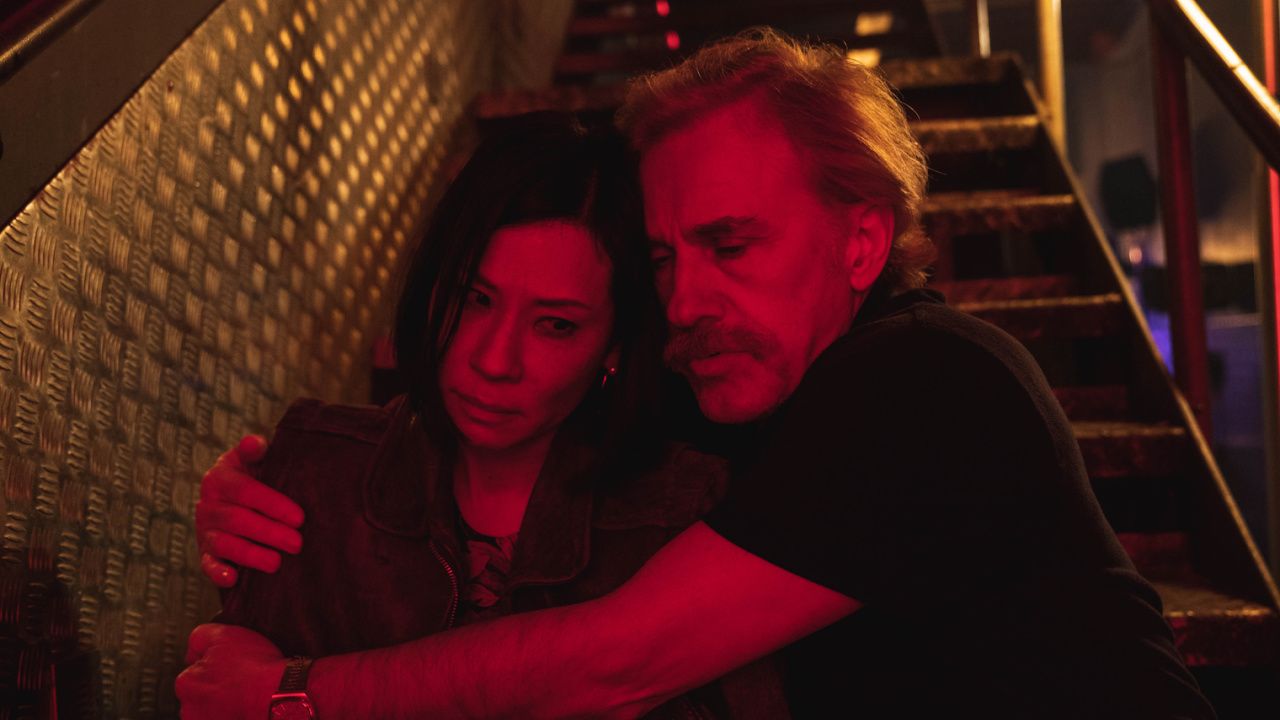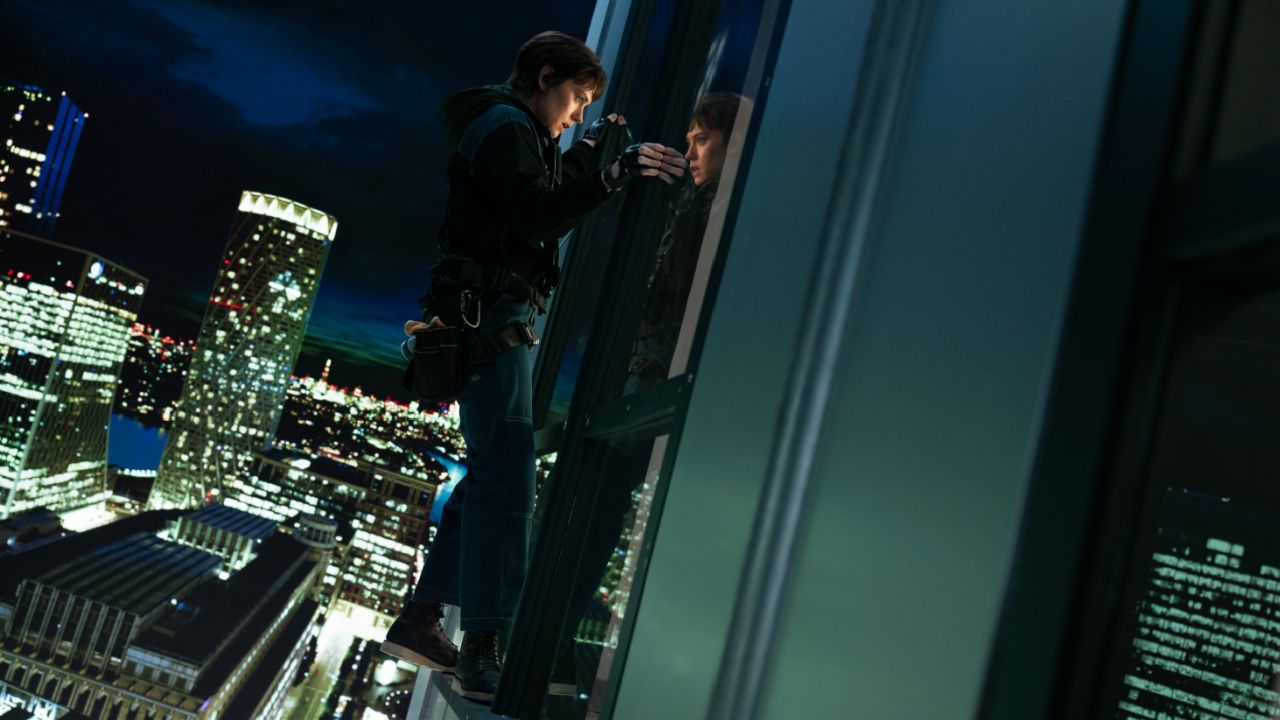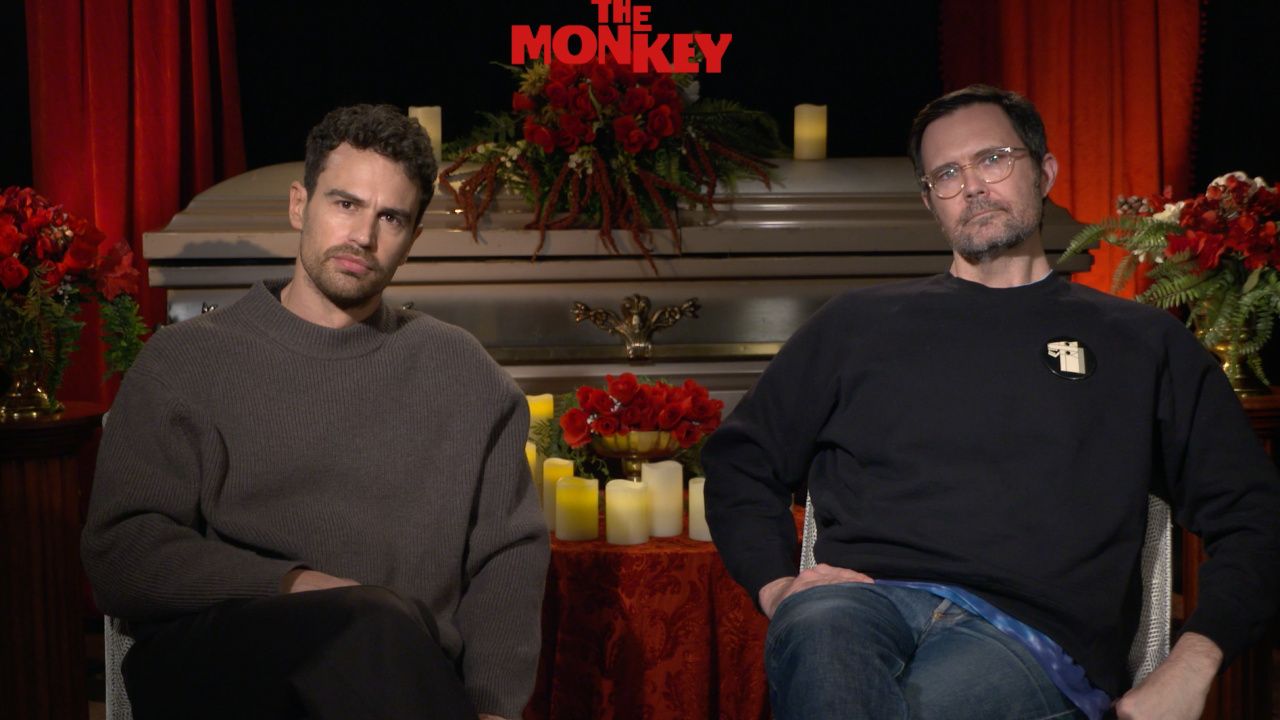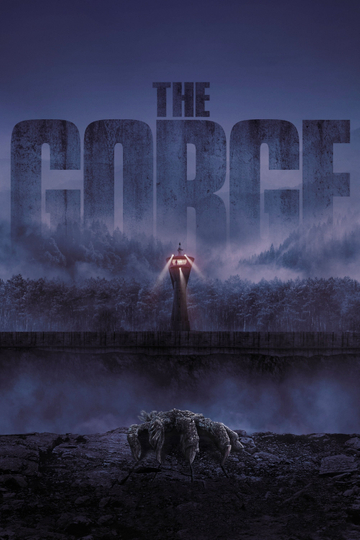Best TV Shows for Sci-Fi Fans
In the same way "Game of Thrones" made fantasy cool again, the return of classic franchises like "Battlestar Galactica" has brought sci-fi back to mainstream audiences in the form of big budget, concept-heavy prime time TV shows. If you're a sci-fi fan looking to delve deeper into the genre or a newbie ready to check out the fundamentals of TV science fiction, check out these shows -- and buckle up for some journeys into time, space, and other dimensions.
'The 100' (2014 - )
"The 100" (pronounced "The Hundred") is a post-apocalyptic drama that borrows heavily from predecessors like "Lost" and "The Walking Dead" -- only this time, the band of survivors is made up of teenage delinquents exiled from a space station thought to be humanity's last refuge from nuclear war. Naturally, when they return to Earth, they find they're not alone -- and the fun of "The 100" lies in the conflicts between the surviving factions. Like most shows on the CW, there's as much crying as there is action, but it works for "The 100," and the show remains grounded (no pun intended) by the harsh realities of post-apocalyptic survival. More fun than "The Hunger Games" and less brutal than "Lord of the Flies," "The 100" is great at keeping the pressure on and bringing its audience back each week.
'Doctor Who' (2005 - )
"Doctor Who" is a science fiction institution -- the BBC show has been on and off the air for more than 50 years, as well as kept alive in audio plays, comic books, novels, and of course, fan fiction. The show follows the Doctor, a brilliant yet goofy Time Lord traveling throughout space and time with a human companion, righting the wrongs of the universe one episode at a time. While "Doctor Who" is grounded in traditional sci-fi -- the Doctor is no stranger to aliens, time-travel paradoxes, or space battles -- above all else, the show is mostly lighthearted and fun. What's more, "Doctor Who" has one of the largest international fan bases of any show, so wherever you are, there are likely to be hardcore fans -- dubbed Whovians -- nearby.
'Rick and Morty' (2013 - )
Don't let the playful animation fool you: "Rick and Morty" is a dark, cynical, and hilarious sci-fi show that follows the adventures of a genius alcoholic sociopath and his idiot grandson. Created by Community") and Justin Roiland, "Rick and Morty" has become a sci-fi classic as the pair explores multiple dimensions, space, and the occasional high school dance. Guest voices, including Stephen Colbert, David Cross, and Werner Herzog, delightfully augment off-the-wall characters. And be sure to keep watching after the credits -- each episode closes with a coda that takes a grim joke from the story even further.
'Firefly' (2002 - 2003)
Perhaps the most beloved sci-fi show in recent memory, "Firefly" is Star Trek," half "Gunsmoke" -- while it's set in space, many of the costumes and story lines recall classic Westerns, giving the show a futuristic-but-timeless feel. Audiences rallied for the show after its cancellation, which eventually led to the follow-up feature film "Serenity." Even so, unsatisfied, passionate fans (who refer to themselves as "Browncoats") still circulate petitions around the internet begging producers to revive "Firefly," and cast reunion panels are the crown jewels of Comic-Cons lucky enough to host them.
'Quantum Leap' (1989 - 1993)
"Quantum Leap" told the story of Sam Beckett (Scott Bakula), a scientist lost in time, occupying other people's lives. In each episode, Sam had to be someone new and work to fix a problem in that person's life in order to make his next leap -- forever hoping he would someday leap home. The show was satisfying both as a sci-fi show and a mystery show -- the drama revolved around protecting the timeline of history as much as it did keeping the audience wondering who was controlling where Sam leaped. After garnering four Emmys and a cult following, "Quantum Leap" ended with a finale that was well earned and worth the wait.
Sources


